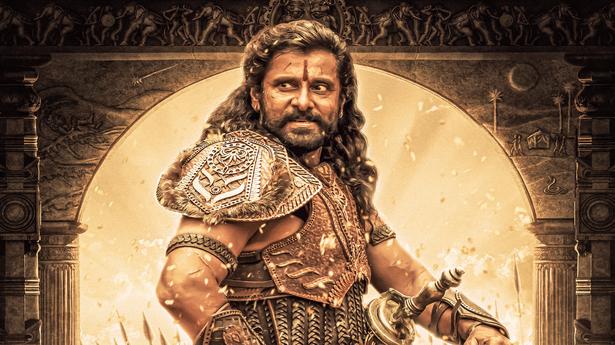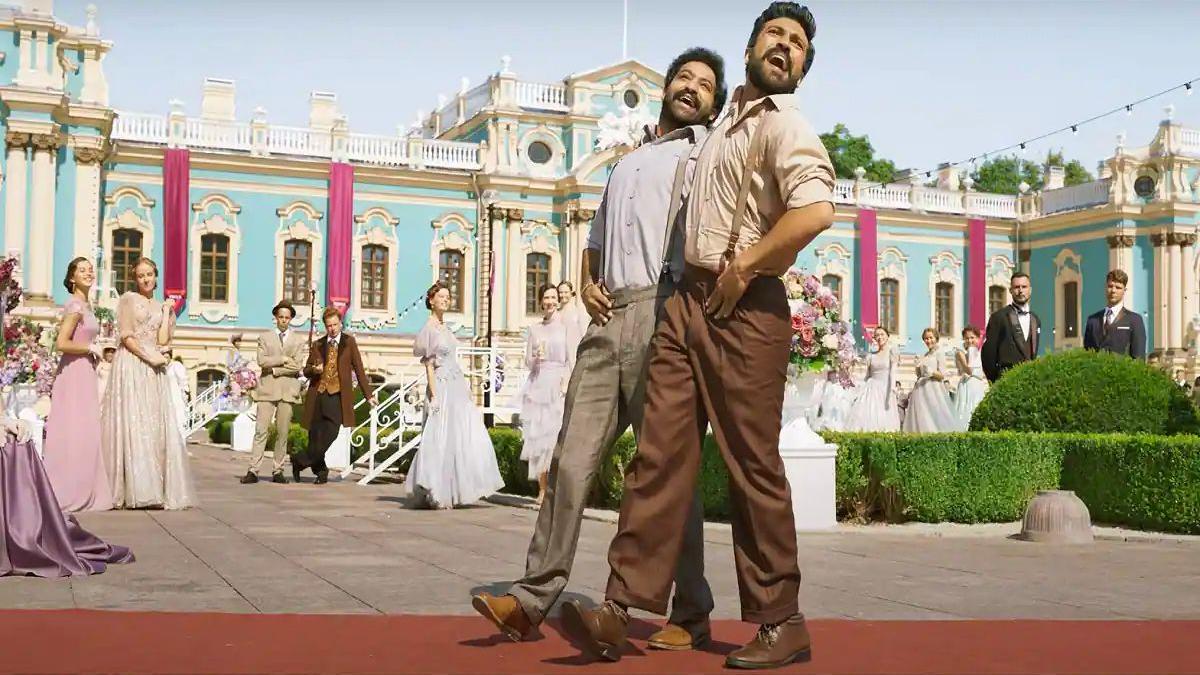Will Ponniyin Selvan, hailed as a classic, and written in the 1950s as a serialised novel in the Tamil magazine Kalki, find a new audience in the 21st century?
Will Ponniyin Selvan, hailed as a classic, and written in the 1950s as a serialised novel in the Tamil magazine Kalki, find a new audience in the 21st century?
This festive season, the slew of big-screen releases will be led by Mani Ratnam’s magnum opus Ponniyin Selvan: I. A cinematic adaptation of an epic Tamil historical fiction, perhaps it will also join the ranks of serialised fiction across the globe that have turned into movie franchises.
Will Ponniyin Selvan, hailed as a classic, and written in the 1950s as a serialised novel in the Tamil magazine Kalki, find a new audience in the 21 st century that is used to OTT platforms and not given so much to reading? I won’t be surprised if this enthusiasm leads to epic war gaming apps for protagonists Vandhiyathevan and Arulmozhi Varman!
ALSO READ From novels to the big screen: Why Tamil film makers are drawn to literary texts
There was a roaring response to the teaser of Ponniyin Selvan: I, which dropped on social media platforms on July 8, with visuals of swashbuckling warriors, scheming queens, majestic emperors and clever princesses, set against the backdrop of the mighty Chola empire of the 10 th century.
History on screen is a tricky subject, fictionalised or otherwise. The days when a Mughal-e-Azam or a Thiruvarutchelvar or a Kannagi were received with rousing interest seem long gone. Legal objections over the Ponniyin Selvan: I teaser, and protests against Padmaavat, Bajirao Mastani and Jodha Akbar have turned the job of making a historical in a politicised India rife with cancel culture and social media warriors, challenging.
Authenticity in terms of language, style, cultural appropriation and creative freedom, all need to be navigated today while making historical movies.
For a new audience
However, as new generations of Anglicised Tamils, reared on gaming, OTT and stand-up comic nights, want to know about their literary heroes and historical figures, Ponniyin Selvan is ripe for a revival.
Nila Comics
| Photo Credit: Special Arrangement
A case in point is Nila Comics, a publication house in Chennai, which brought out a Ponniyin Selvan comic collection in Tamil and English in 2020 and 2021 aligned to the making of the movie. This was aimed at young readers, who either cannot read Tamil or are visual learners.
Gurgaon-based Chandrasekar Ramamoorthy, a young dad of twin girls, says he can’t wait to watch the movie and is “most keen to introduce it as a comic book or in animation form for my daughters so they know about the heritage and history of Tamil Nadu.”
In Chennai, film scholar Pritham Chakravarthy says that Ponniyin Selvan: I may augur a revival of big, splashy Tamil movies. However, she cautions that Ponniyin Selvan’s fandom is a dedicated one.
In 1994, when Magic Lantern productions hosted it on stage, she recalls audiences pouring in and reciting the dialogues alongside the actors. Plans are afoot to upload audio versions of the novel. “We cannot judge or predict if the future will turn it into comics, audio readings or games, but authenticity in terms of characters and script is important,” she adds.
People taking part in Ponniyin Selvan tour
| Photo Credit: Special Arrangement
Inspired by Ponniyin Selvan, a tour agency, Heritage Inspired, began organising trips in 2017 following Vandhiyathevan’s trail and unearthing the history of the Cholas. Now, since the release of the teaser, there has been an increase in enquiries from people who want to take the ‘spy’s trail’ tour, says Radhika Augustus, who heads operations.
For the history buffs
In a parallel universe, Indian publishing is finding eager readership for historical fiction. From Kiran Nagarkar’s Rajput royal saga, Cuckold, to Nandini Sengupta’s popular trilogy on the Gupta empire, J.V. Jayakumar’s Rise of the Cholas: Apocalypse to Aditya Iyengar’s The Conqueror based on Rajendra Chola’s oceanic conquests, to Indu Sundaresan’s Mughal historical fiction, including The Twentieth Wife, A Feast of Roses and Shadow Princess, the appetite for popular historical fiction is growing.
Baahubali proved that India’s love of lavish productions based on fantasy, mythology and history is as huge as Hollywood’s craving for superhero fantasies. If Brad Pitt can swing by as Achilles in Troy, Vikram can well roar as Aditya Karikalan!
The Gurgaon-based journalist is also the author of Temple Tales and translator of Hungry Humans.


.jpg)


